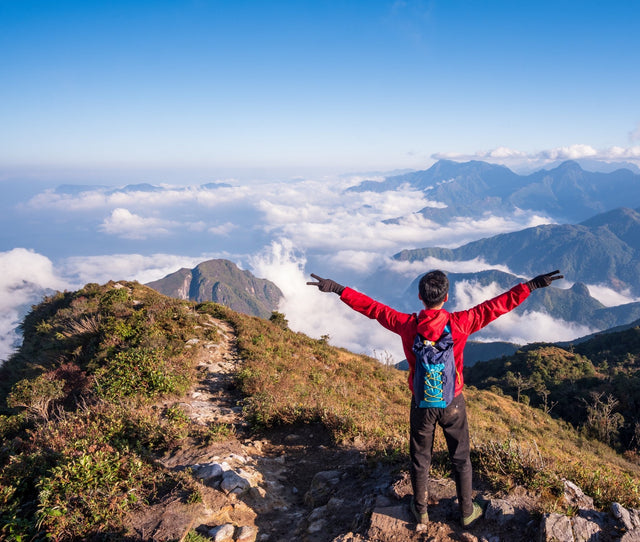Tips For Shaving Ounces From Your Pack
Ultralight backpacking is all about minimizing the weight of gear and supplies while hiking in the wilderness. To achieve this, ultralight backpackers employ a variety of techniques and strategies to shave off grams from their packs. Here are some of the things that ultralight backpackers do to minimize the weight of their gear:
-
Use lightweight gear: One of the most obvious ways to reduce the weight of your gear is to choose lightweight options whenever possible. This might include things like using a tarp or a bivy sack instead of a tent, or a quilt instead of a sleeping bag. Other lightweight gear options include using trekking poles, a lightweight stove, or a small water filter.
-
Use multi-use gear: Another way to minimize the weight of your gear is to use items that serve multiple purposes. For example, a bandana or a buff can be used as a head covering, a sun shield, or a bandage. A set of hiking poles can also be used as tent poles. By using multi-use gear, you can reduce the number of items that you need to carry, which can save weight.
-
Use lightweight materials: Many ultralight backpackers choose to use gear made of lightweight materials such as titanium, cuben fiber, or dyneema. These materials are often more expensive than traditional materials such as aluminum or nylon, but they are also much lighter.
-
Use compression bags: Compression bags are a great way to minimize the size of your gear, which can save space and weight in your pack. These bags can be used to compress clothing, sleeping bags, or other bulky items, making them more compact and easier to pack.
-
Use a scale: Ultralight backpackers often use a scale to weigh their gear and supplies. This allows them to identify items that are particularly heavy and to make adjustments accordingly.
-
Minimize clothing: Ultralight backpackers often pack only the bare minimum of clothing, choosing to layer instead. This reduces the weight of their clothing and also allows them to adjust to changing weather conditions.
-
Rely on natural sources: Ultralight backpackers often rely on natural sources for things like water and shelter, rather than carrying heavy water bottles or tents. This can save a lot of weight, but it also requires a higher level of knowledge and skills about the area and the weather conditions.
It is important to note that ultralight backpacking is not about sacrificing safety or comfort for the sake of being lightweight. It is about being smart and strategic with the gear and supplies that you bring, and being mindful of the impact that you have on the wilderness. Ultralight backpackers need to be well prepared and well-informed, knowing the area, the weather conditions and the risks they might face. By embracing the philosophy of ultralight backpacking, backpackers can enjoy the outdoors in a more efficient, comfortable, and sustainable way.

